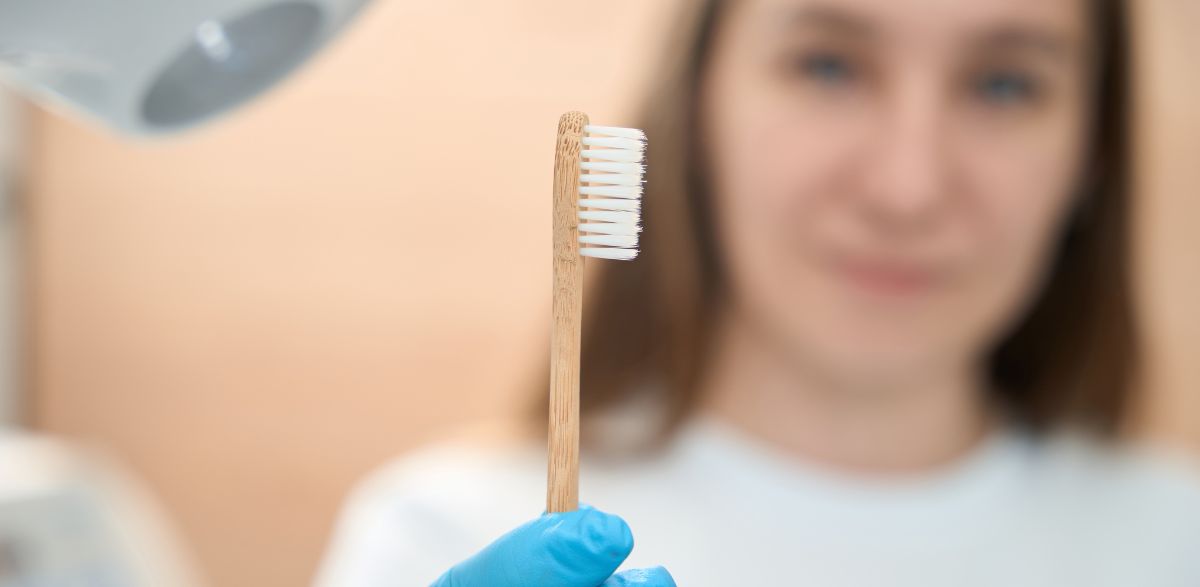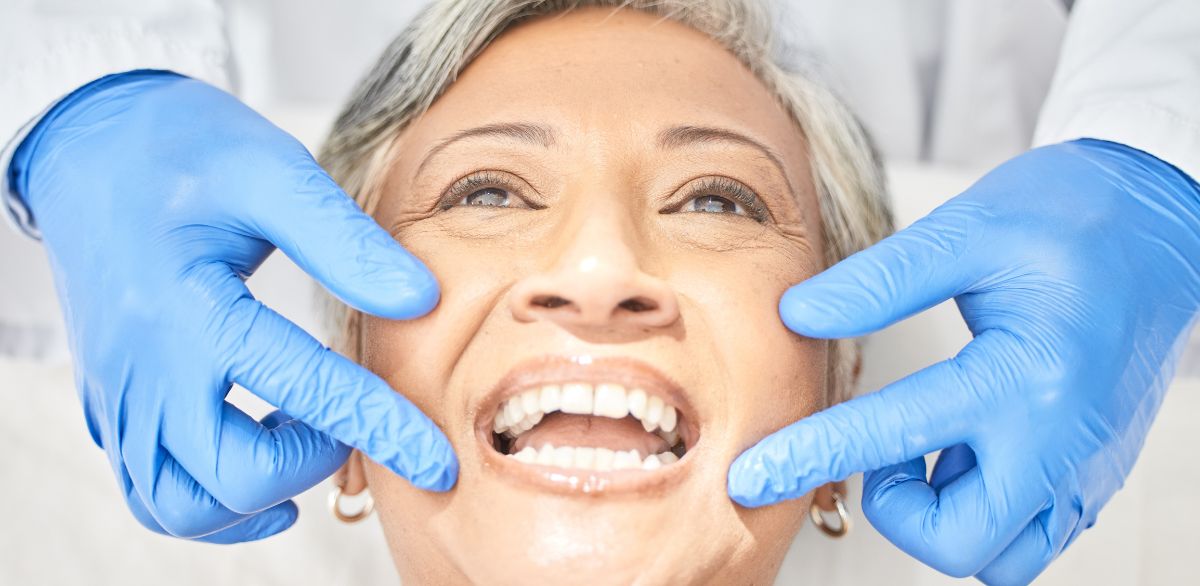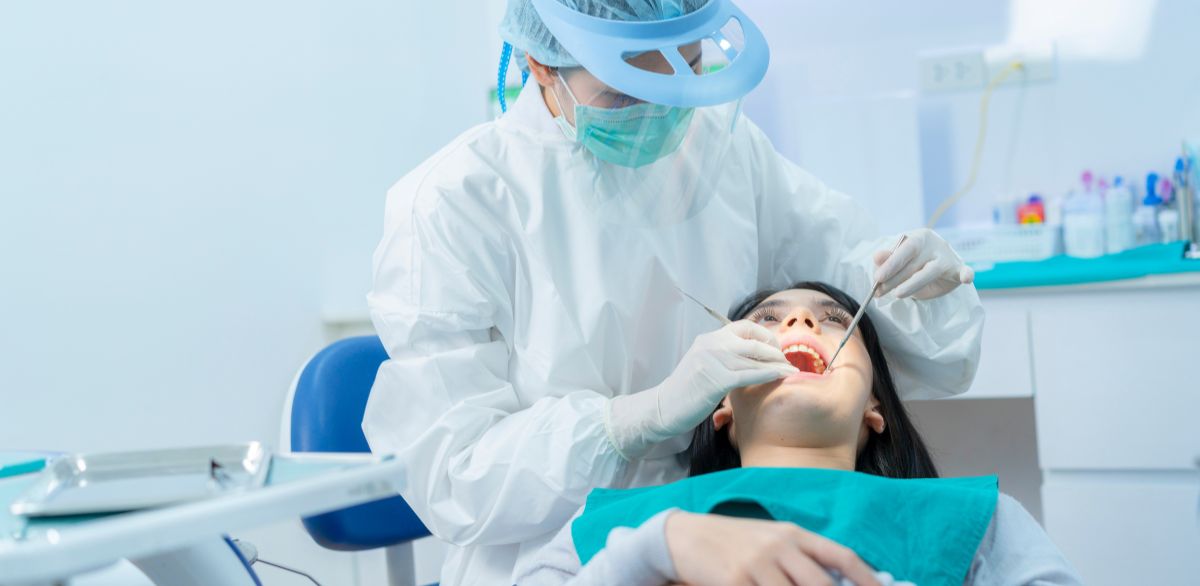
Meeting begins. You lean in to talk. Bad breath kills the moment dead. Lunch date becomes uncomfortable. You see them lean away. Bad breath rears its ugly head. Morning routine is okay. Nonetheless, bad breath makes a surprise appearance.
Frustrating, isn’t it? Bad breath does not play fair. Even after brushing, bad breath will persist. That’s the true twist. Blame halitosis, which is the medical term for bad breath.
Not just embarrassing. Bad breath could be a sign of something more. Denying bad breath puts at risk more than just social embarrassment – oral and general health. Quality periodontal care is crucial in addressing bad breath.
7 Ways to Reduce Bad Breath
1. You Must Drink Plenty of Water
Dry mouth feeds bad breath by allowing bacteria to proliferate. Saliva helps freshen the mouth and eliminate odors. Water stimulates saliva production and washes out odor bacteria.
You must take an unbreakable water bottle with you wherever you go. Moreover, you have to skip beverages such as coffee or alcohol, as they dry out the mouth in no time. Maintaining good hydration promotes better oral health and periodontal care.
2. You Should Maintain Good Oral Hygiene
Bad oral hygiene is one of the top reasons for bad breath. You need to brush your teeth twice a day with fluoride toothpaste. Floss each evening, as food particles stuck between teeth harbor bad breath bacteria.
You should replace your toothbrush every three months for optimal results. Scrape your tongue lightly, as it contains stinky buildup. Periodontal care is strengthened by regular cleaning and fresh breath.
3. You Must Be Careful What You Eat
Some foods can exacerbate bad breath — garlic, onions, and sweets are significant culprits. Crunchy fruits, such as apples, can clean teeth naturally. Yogurt combats odor-causing bacteria in the digestive system.
Parsley is a natural breath freshener. You can chew sugar-free gum after meals to activate saliva. Intelligent eating significantly suppresses bad breath and enhances periodontal care.
4. You Should Stop Smoking and Tobacco
Smoking dehydrates the mouth and stimulates bad breath. Tobacco induces chronic halitosis and destroys gum tissue. It also causes yellow teeth and gum disease.
You must stop smoking immediately to improve your oral health. Get assistance via counseling, nicotine patches, or stop-smoking apps. Better breath begins as soon as tobacco consumption stops.
5. You Can Utilize Antibacterial Mouthwash
Mouthwash effectively eliminates bacteria that cause bad breath. You can opt for ones with chlorhexidine or cetylpyridinium chloride. Also, brush daily to keep your breath fresh and aid periodontal health.
If you prefer natural options, you can use saltwater or tea tree oil diluted. Avoid alcohol-containing rinses, as they dehydrate the mouth. Consistency leads to long-term freshness.
6. You Must See Your Dentist Often
Poor breath often indicates untreated dental conditions. Tartar, gingivitis, and cavities compound the odor. Deep plaque beyond brushing is removed by professional cleanings.
Dental exams also track for indicators of oral infection. You must see your dentist every six months. It is not optional for periodontal maintenance. Healthy gums equal fresher breath.
7. You Need to Treat Underlying Health Conditions
Occasionally, bad breath indicates underlying health issues. Chronic sinusitis, GERD, or diabetes are all possible causes. Stomach acid or nasal mucus can travel up to the mouth and create bad breath.
You should see a healthcare provider if bad breath lingers despite good habits. A doctor’s diagnosis may uncover the underlying cause.
If bad breath persists, don’t wait. Get help from our professionals. There may be a deeper issue at work.



